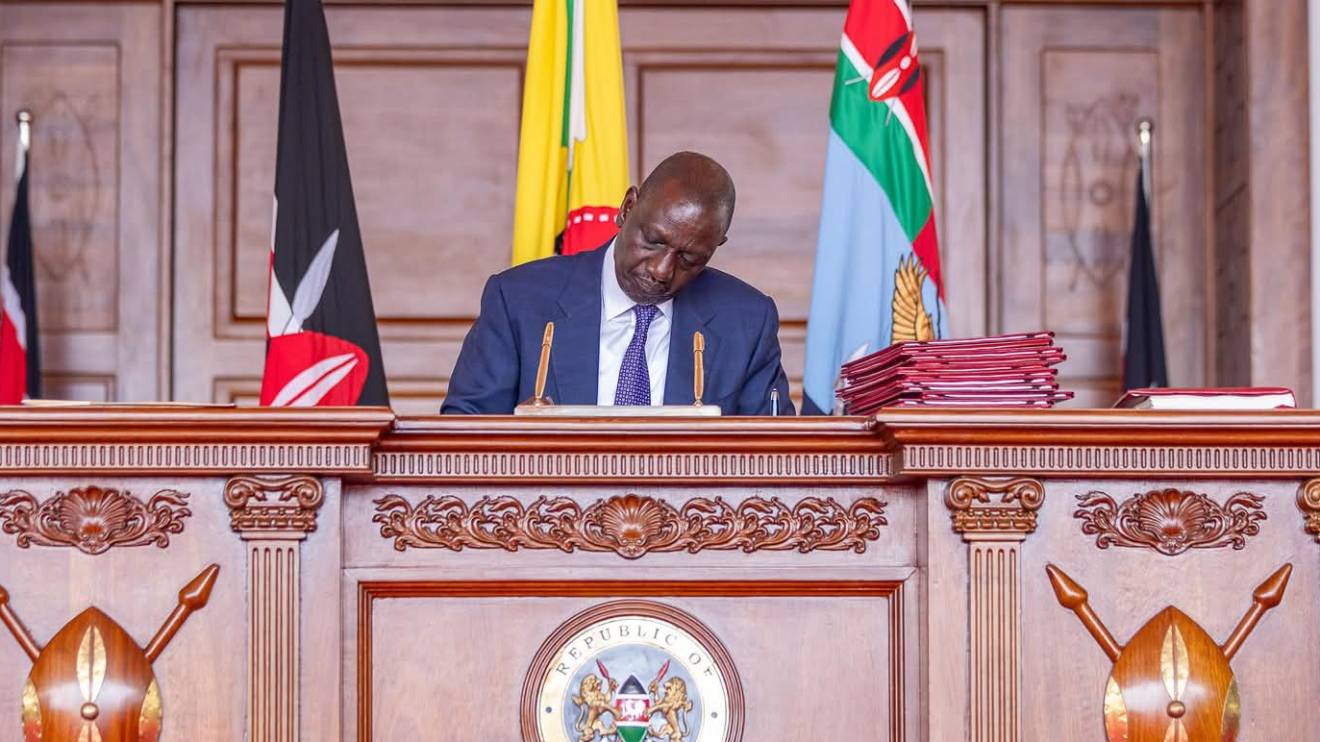A fresh legislative proposal in Parliament could soon make it impossible to put up a new building in Kenya without factoring in solar energy.
The National Construction Authority (Amendment) Bill, 2025, fronted by Migori Senator Eddy Oketch, directs the National Construction Authority (NCA) to ensure that future developments set aside zones suitable for solar installations.
These sites, to be identified with the help of other state agencies, must have adequate sunlight exposure. Implementation rules will later be issued by the Cabinet Secretary.
The Bill highlights the tension between growth and sustainability. It states: “The construction sector plays a crucial role in the development of Kenya’s infrastructure and economy. However, it also significantly impacts the environment and is vulnerable to climate change risks.”
In practice, the proposed law goes further than just solar. It encourages builders to adopt climate-resilient designs, add green spaces, and incorporate natural buffers.
Read More
Energy efficiency, water conservation through rainwater harvesting and greywater systems, and the use of renewable energy are all promoted under its provisions.
Environmental responsibility also runs through its recommendations on materials, which call for recycled, renewable, or locally sourced inputs to cut down on waste and protect habitats. As the
“These amendments ensure that standards, guidelines and regulations developed by the NCA for the construction industry include mechanisms that address climate change risks. By doing so, the industry will be encouraged to reduce its environmental footprint and enhance resilience against climate change effects,” the Bill notes.
Oketch argues that the reforms would help the construction sector adapt to shifting environmental realities while aligning with the country’s wider climate agenda.
The NCA, which already registers projects and contractors, accredits skilled workers, enforces standards, and conducts training, would see its mandate stretched into environmental stewardship if the Bill is approved.
The debate signals a turning point: Kenya’s building codes may soon require developers to think not only of bricks and mortar but also of climate resilience and renewable energy.


-1756319289.jpg)






-1753733469.jpeg)
